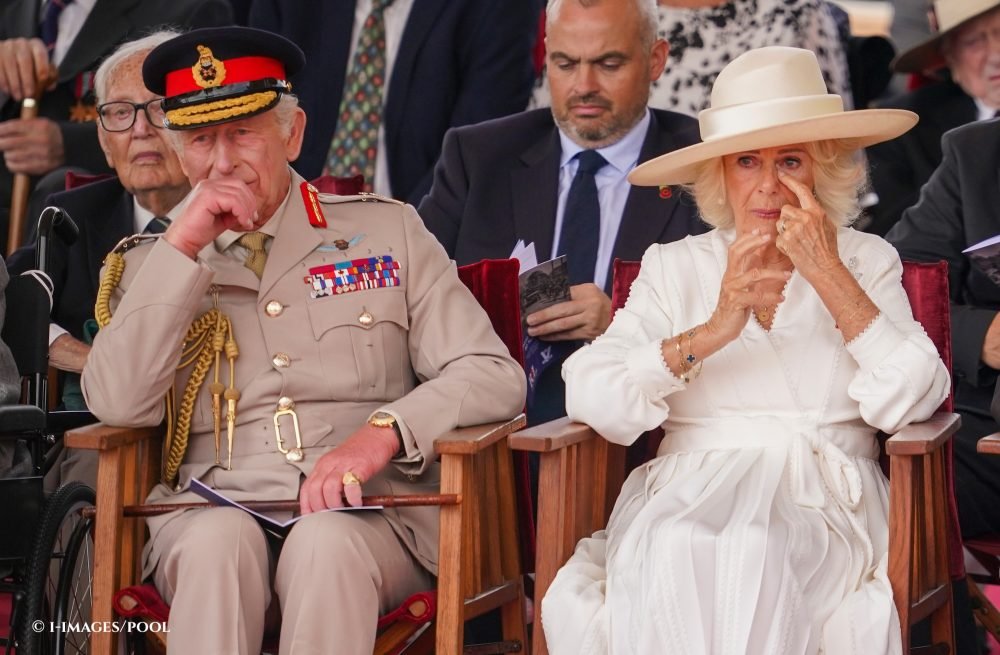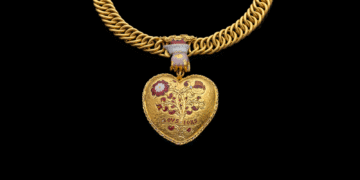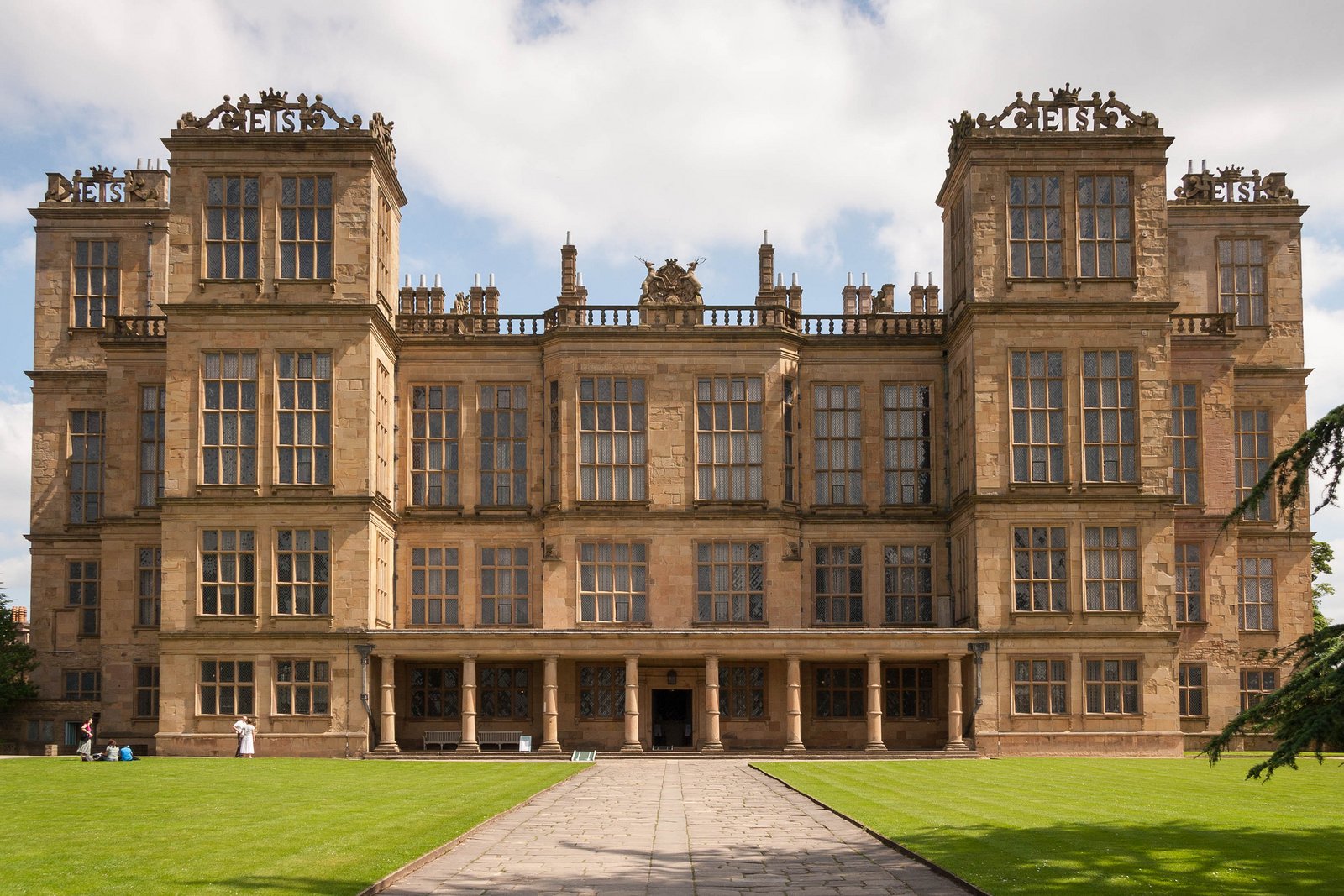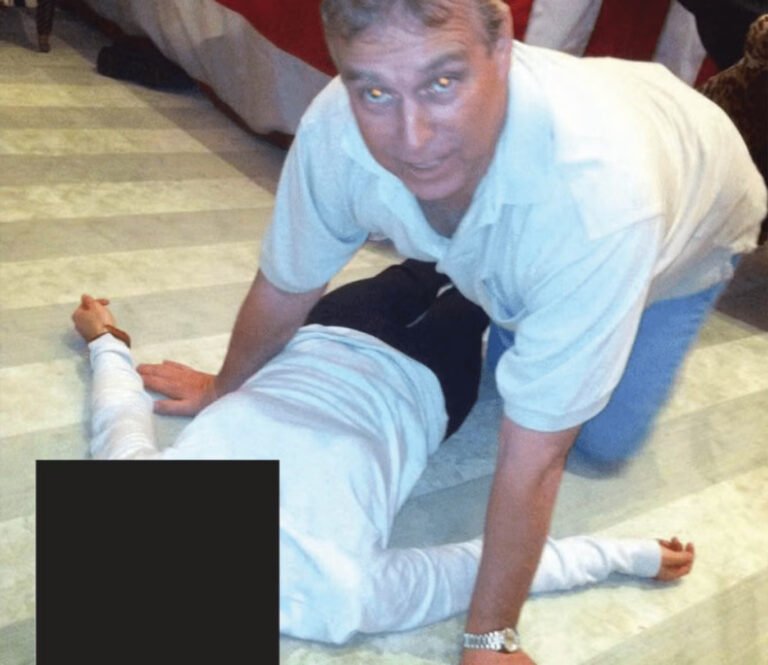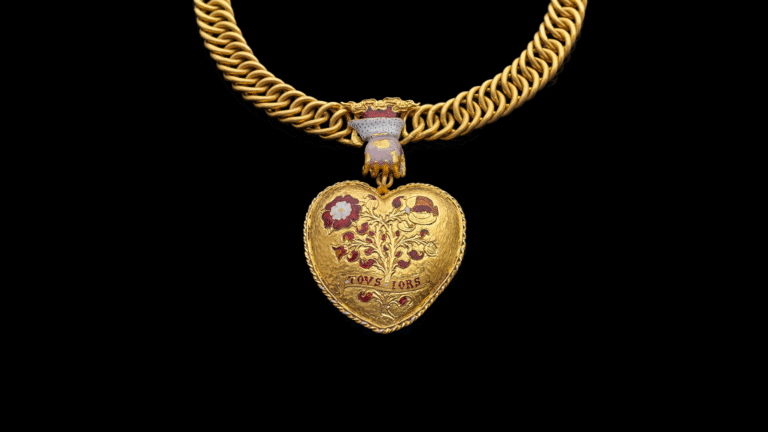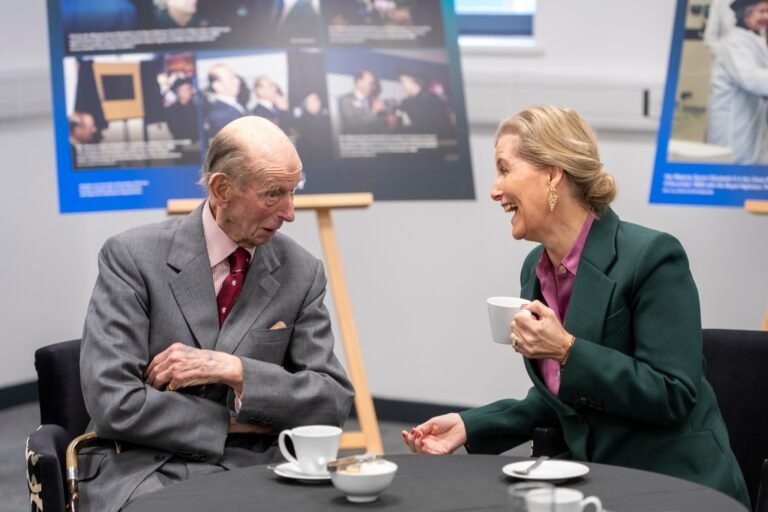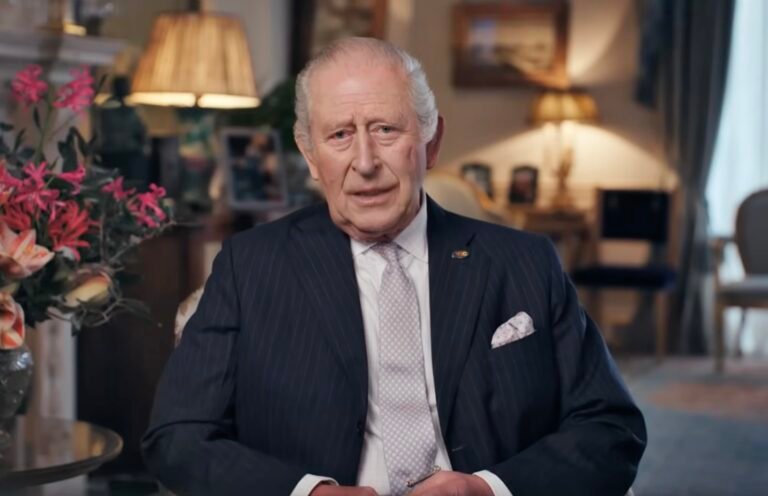Yesterday, King Charles III and Queen Camilla led a sombre but stirring ceremony at the National Memorial Arboretum in Staffordshire, observing the 80th anniversary of VJ Day.
Veterans of the Second World War in the Pacific and Far East stood alongside the royal couple and Prime Minister Sir Keir Starmer to honour those who served, ending the conflict. The event is sometimes considered to be overshadowed by VE Day in May 1945.
Charles had pre-recorded an address to mark the anniversary
that was released earlier in the day, echoing his grandfather’s own 1945 broadcast. His message said that ‘the courage and camaraderie displayed in humanity’s darkest hour is a flame that shall blaze for eternity’.
The speech acknowledged the devastation of Hiroshima and Nagasaki, where atomic bombs were used against Japan by the US. He described the ‘immense price’ paid by the Japanese people that ‘we pray no nation need ever pay again’. The H bombs led to the surrender of the east Asian nation.
But the real emotional centre came when 105-year-old Captain Yavar Abbas, scheduled to read his Burma war diary, paused his prepared words to pay personal tribute to The King.
An emotional tribute to The King
‘I make no apologies for briefly going off the script to salute my brave King, who is here with his beloved Queen in spite of the fact that he is under treatment for cancer,’ he said into the microphone, ‘which I share with him, and if it provides comfort, of which I have been rid for the past 25 years and counting’.
It was a line that stopped the show. Queen Camilla, wearing her The Rifles brooch as their Colonel-in-Chief, was seen wiping away a tear, and looking across at her husband, who returned the gaze with his own emotion.
The Queen Consort then dabbed at her eyes with a tissue.
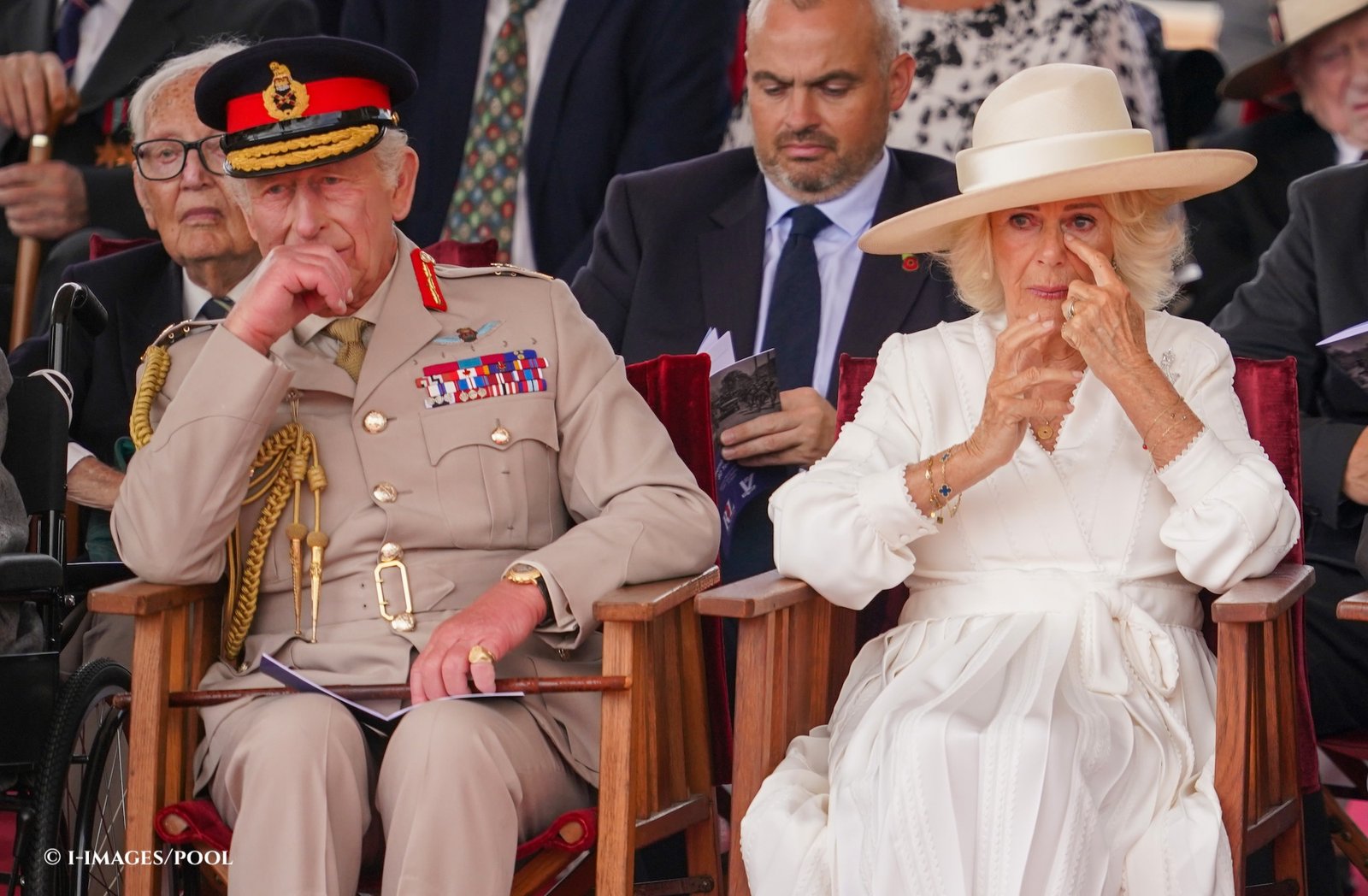
As applause rippled through the 1,500-strong audience, the connection was clear and resonated with those there: a cancer fighter and a war survivor.
Abbas, a former captain in the 11th Sikh Regiment from Lucknow in India, is 25 years in remission from cancer himself.
‘I salute him for gracing this occasion,’ Mr Abbas said, ‘because by his presence here, he has gone a long way to make sure that his grandad’s Fourteenth Army is never given the sobriquet again of ‘the forgotten army’.’
‘And I salute him, for gracing this occasion because by his presence here, he has gone a long way to make sure that his grandad’s 14th army is never given the sobriquet again of a Forgotten Army.’
Following applause, and reading from a diary entry dated 8 February 1945, he said: ‘Tomorrow, I hope I will live to do better things.
‘I could have been dead twice before, but I’m still living. I would be surprised if I get a life for a third time. May God spare me.’
As he returned to the Royal Box, the veteran saluted Charles once more, chatting. The King clasped his hands and spoke for a minute before the next segment.
Prior to Abbas’ reading, 101-year-old former RAF Pilot Ron Gumbley read the poem ‘For The Fallen’ by Laurence Binyon.
Alongside the speeches, there were readings by actor Robert Lindsay and other veterans, plus musical performances from The Duchess of Edinburgh’s String Orchestra, the National Children’s Choir of Great Britain, The Bands of the Royal Marines, Ruby Turner, Jennifer Pike, and the Royal Corps of Signals Pipes and Drums.
Following tradition, a two-minute’s silence was observed with a wreath-laying in front of the Armed Forces Memorial. Queen Camilla’s posy included jasmine, marigold, orchids, tropical orchid, yellow trumpet, hibiscus, vanda miss orchid, rhododendron and golden wattle, while The King’s was a wreath of poppies.
There was also a flypast by the Red Arrows and the Battle of Britain Memorial Flight, with the ceremony being steered by actress Celia Imrie.
Afterwards, The Monarch met Silas Sarbah and Khadak Chettri, grandsons of Second World War soldiers, as well as William Slim, the great-grandson of general Bill Slim, who had led the forces in the Far East.
Charles spent time viewing tributes at the Burma Railway memorial, constructed from part of the original track built by Allied prisoners of war and Asian labourers.
Nicknamed the ‘railway of death’, its construction was marked by extreme hardship, disease, and a high death toll. The 400km track was built to connect Thailand to Burma (now Myanmar) and supply Japanese forces through harsh regions of dense jungle and mountains.
It is estimated that over 16,000 prisoners and 90,000 Asian laborers died during its construction.
A reception rounded off the day’s events with VJ veterans and their families – including recipients of the Burma Star – where The King and Mr Abbas greeted each other like old friends.
Embed from Getty Images
Embed from Getty Images

